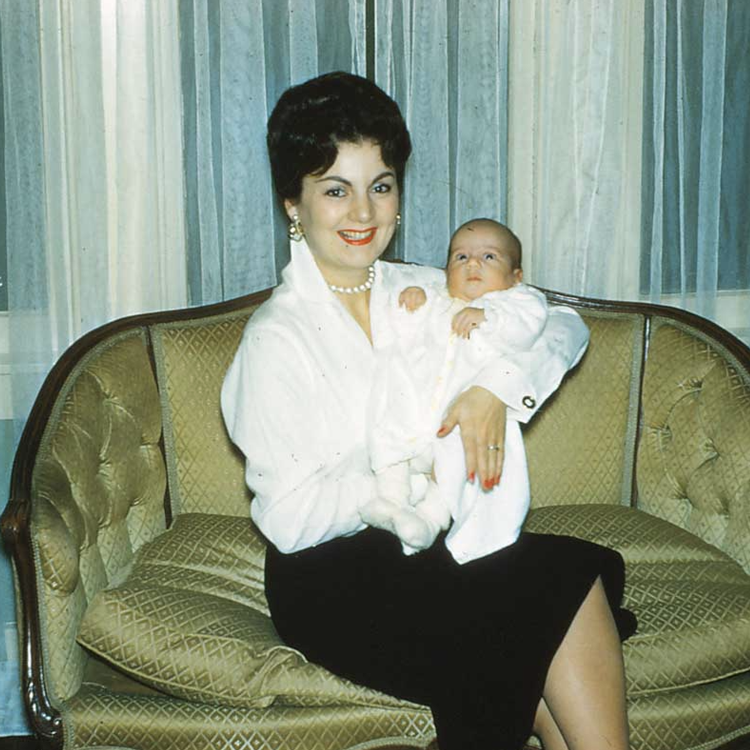 A lifetime of shared memories just evaporated.
A lifetime of shared memories just evaporated.
That painful realization followed a pleasant conversation Edward Shehab had one day in 2018 with his mother. His mother was in the final stages of Alzheimer’s Disease.
Her diagnosis led Shehab to research the progressive degenerative brain disorder, which results in cognitive problems and changes in personality and behavior, in an attempt to protect others from living the same heart-breaking scenario he had experienced.
“The last thing I want people to face is being in a room with your mother and your mother doesn’t know who you are,” said Shehab. “Once the disease becomes symptomatic, it is considered incurable and irreversible. Prevention is the key to fighting it. It’s never too early to take care of your brain, but it can be too late before you know it.”

During his journey in researching Alzheimer’s and the ways to minimize and slow the disease, Shehab learned about Memory Health, an all-natural, premium nootropic or cognitive enhancer. The brain supplement is the culmination of 20 years of research and development and was tested in clinical trials on brains in a variety of conditions — young, old, healthy and those ravaged by Alzheimer’s — with the test results published in the scientific Journal of Alzheimer’s Disease. All patients involved in the trial showed positive results with use of the supplement. Today, Memory Health is the only supplement to receive an official United States patent for the prevention and treatment of neurodegenerative disease [Alzheimer’s disease and dementia] in humans.
Memory Health is shown to reduce the most common signs of aging: forgetfulness, mental hiccups, brain fog, mental strain, headaches and memory loss. The brain enhancer is a combination of nutrients, including three carotenoids — lutein, zeaxanthin and meso-zeaxanthin — omega-3 fatty acids and natural vitamin E, which are delivered as powerful antioxidants and anti-inflammatories to the brain. These components can all be found in a healthy diet but often what we eat falls far short of the amounts necessary for good brain health.
“Undoubtedly the premium nootropic on the market,” Shehab said. Of course, Memory Health is most effective when combined with exercise, eating a “brain healthy” diet, rich in leafy greens, brain training or mental exercises, and managing metabolic and vascular risk factors. In fact, research shows that with all these factors in place for healthy individuals, the results can be sometimes profound.
Shehab was so impressed with what he discovered about Memory Health and the science backing it that he, his children and his wife use it — and he bought part of the Birmingham, Mich.-based company. This provides a platform to fulfill his mission of saving others from coping with the terrible disease, by “getting it into the hands of as many people as possible.”
The reality is that Alzheimer’s will affect more and more people in the future. According to the Alzheimer’s Association, about 5.8 million Americans suffered from Alzheimer’s in 2019. The number of people living with it doubles every five years beyond the age of 65. The total is projected to nearly triple to 14 million by 2060, according to the Centers for Disease Control and Prevention.
Shehab regrets his mother didn’t have access to Memory Health before she became ill, wondering how differently the outcome might have been for her and his family if she had begun taking the supplements about four years prior to her diagnosis.
“If I can help people avoid incredibly painful moments like my own experience with my mother,” Shehab said, “I’m committed to doing so.”
Learn more at MemoryHealth.com.
|
|
|









